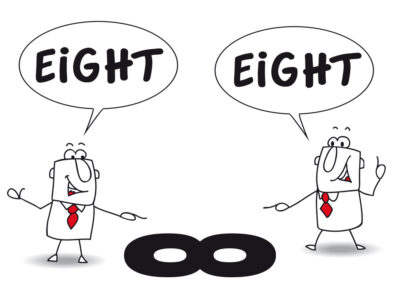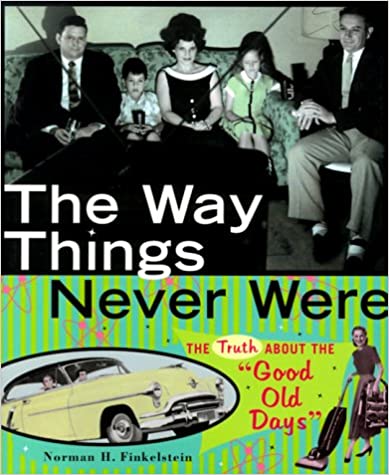We write to be read. To be published. To make a difference. To touch a life.
Right? Of course, right. But those of us who write blog posts, articles, books, and even games (yes, that’s a thing, and maybe I’ll write about it in the near future) put immense pressure on ourselves to be accepted, get a contract, win an award, and so on.
But whether or not your work is published, your writing is still accomplishing some good things. Seriously. I’m not joking. That poem in your desk drawer? That devotion that was rejected? That book proposal or manuscript that never got a contract? They’re all doing some good—even great—things, though they’re not yet and may never be published. Don’t believe me? Let me count the ways:
- Deepening your inner life
If you’re a Christian writer who doesn’t write in order to grow and grow in order to write, I have to ask: What are you doing? Writing, whether longhand or on a typewriter, keyboard, or tablet, should be deepening your inner life.
- Sharpening your skills
Francis Bacon said, “Reading maketh a full man; and writing an exact man.” Every moment you spend writing, you are becoming more exact, more concise, sharper, stronger.
- Educating you
One of the things I love most about the writing life is the constant education it provides—demands, in fact. Writing involves praying; listening; researching; and thinking, thinking, thinking, which makes it an educational experience.
- Teaching you patience and perseverance
Sure, revision and rejection can be exhausting and discouraging. But have you forgotten Romans 5:3-4 (“We also glory in our sufferings, because we know that suffering produces perseverance; perseverance, character; and character, hope”)?
- Feeding your creativity
Anyone can get into a rut. But writing fuels the imagination, which, like a perpetual-motion device, fuels the writing and produces more imagination, and on and on it goes.
- Producing greater spiritual maturity in you
Have you forgotten James 1:3-4 (“Let perseverance finish its work so that you may be mature and complete, not lacking anything”)? Seeing a piece of writing through to the end, even if it never sees publication (perhaps especially then) will either kill you or produce greater maturity.
- Preserving your sanity
Graham Greene wrote, “Writing is a form of therapy; sometimes I wonder how all those who do not write, compose or paint can manage to escape the madness, melancholia, the panic and fear which is inherent in a human situation.”
- Producing energy
According to Richard Reeves, “Writing energy is like anything else: The more you put in, the more you get out.”
- Keeping you out of jail
Okay, so this one’s a little tongue-in-cheek. But if you’re spending all your time bent over your keyboard or wearing down pencils on your legal pad, you’ll be much less likely to get into trouble. After all, there are only so many hours in the day—right, officer?
- Preventing or delaying dementia
This one is not tongue-in-cheek. Multiple studies have concluded that challenging the human brain with reading and crosswords—and writing—tends to keep the brain healthier and delay the onset of dementia and Alzheimer’s disease by years. Which is really good news for me. Also, this is really good news for me.
When I started writing this post, I planned it as “Five Good Things Your Writing is Doing, Published or Not.” It turns out there are at least twice as many as I thought, which may indicate that #3, #5, and #8 were happening as I wrote. Go figure.
What about you? Have anything to add? Subtract? Refute? Let me know in the comments.










